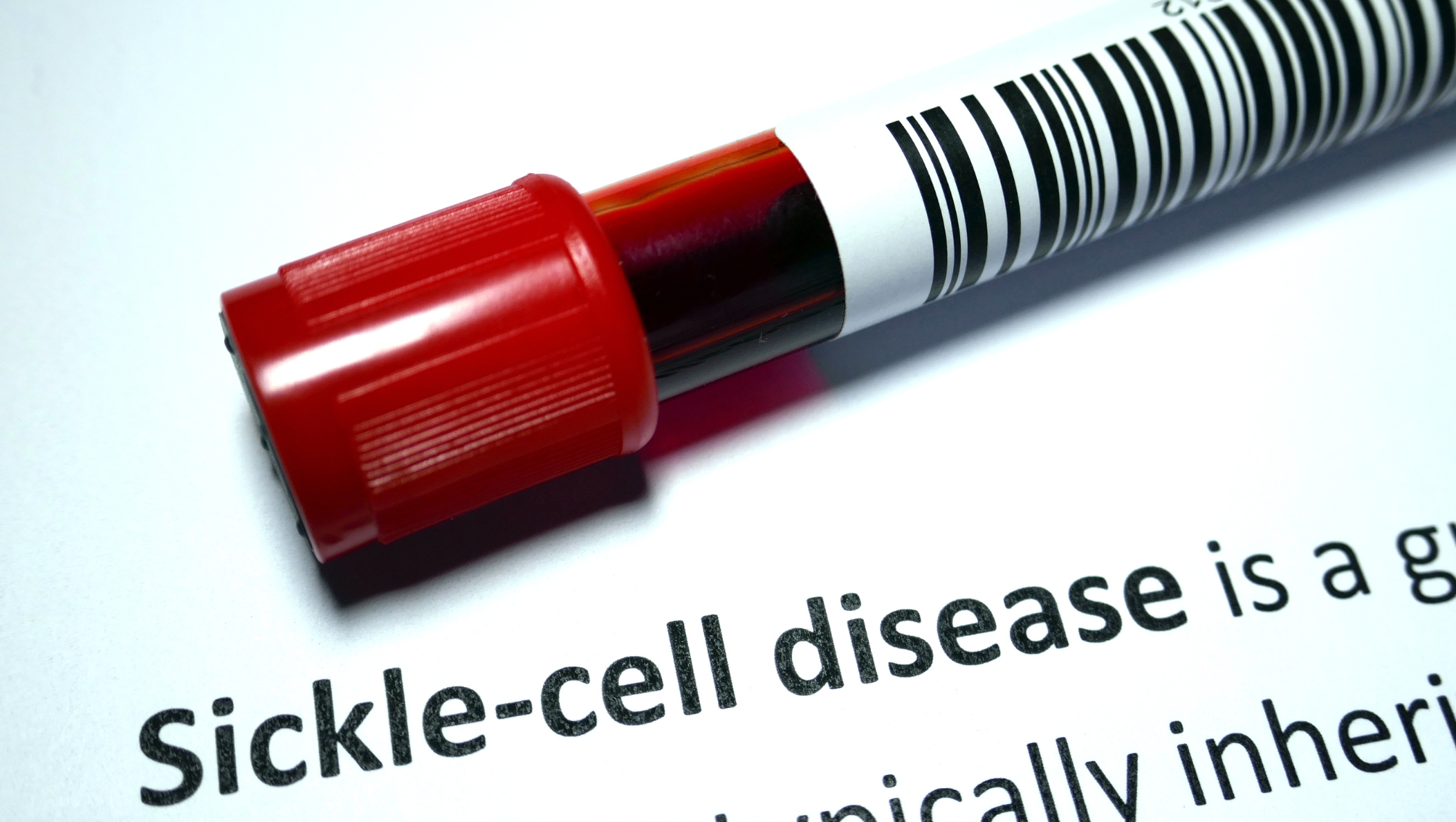

Genomics is not a new term in science, and within scientific research and studies, and I know it refers to the study of human genes, i.e, the word used to describe and understand the pattern of gene expression. However, genomics, as a term, is alien to some in African communities, particularly among the marginalised. As human beings we all have genes making us who we are and these genes also determine our health and our disposition to certain diseases and response to the treatment of such.
I am sharing my experiences as an individual with sickle cell trait, which means my genotype is AS. Before I begin, it’s critical to note the cost of the inequality of knowledge about science or genomics in the African communities will impact everyone in relation to emigration, immigration, relationships and friendships across and beyond Africa.
As a young adult at age eighteen years old I had the opportunity to work as a lab assistant. This role availed me the opportunity to learn about simple things like genotypes, blood groups and information on both, hence I was able to make informed decisions when it comes to choosing a partner. For context, sickle cell comes from the partners of the same genotype as AS. That means couples who are both AS genotypes will have one out of four children who will also be a sickle cell carrier.
I consider we can agree it is not the best health condition to live with. In hindsight, my decision has saved me future stress, saved the healthcare system and scientists thousands in funds for research, management and cure. If I did not have this information at my disposal, I would not be able to live as healthy a life as I do currently and I empathise with my African brothers and sisters who have fallen victim to the inequality of information which had led to their parents' decisions.
Why is Genomics important to African communities?
There are 15,000 people in England living with sickle cell disease. Meanwhile, Wonkam and Makani, (2019) estimated that 305,800 babies are born each year with the disease worldwide, with nearly 75% of these births in sub-Saharan Africa. Despite this high incidence, established life-saving public health programmes for sickle cell disease have not been implemented in most African countries. Consequently, childhood mortality due to the disease remains high and estimates suggest that, without interventions, up to 90% of individuals with sickle cell disease in Africa will not reach 18 years of age.
This statistic is traumatising knowing the African communities have been left behind in the knowledge sharing of genetic testing due to distrust from the marginalised communities of authorities, scientists and government. Hence, the barrier in accessing this vital information and the susequent inclusion in the production of potent medicines tailored to the African gene. Is there a cost to the disconnect between science and the marginalised communities?
I would say yes, looking at the percentage of sickle cell sufferers in the UK alone and the cost on the NHS for example. Another issue to explore is the relationship between the NHS, its staff and the sufferers of sickle cell which is predominantly from the African communities. There have been traumatic experiences shared via social media about the treatments received from NHS staff.
Lessons from COVID-19 show that diseases do not discriminate and would spread from person to person and across boundaries if not prevented or cured completely. The distrust from the marginalised communities of the scientists and institutions was profound in the uptake of vaccines during the pandemic in the UK and around the world.
Disseminating Knowledge
When is the right time to disseminate knowledge to those victims of distrust, seclusion and neglect who are impacted by the lack of information about the science of what makes them the human being they are?
This is a crucial area that needs to be explored as a matter of urgency!
---------
References

COPYRIGHT 2021. CENTRIC. ALL RIGHTS RESERVED